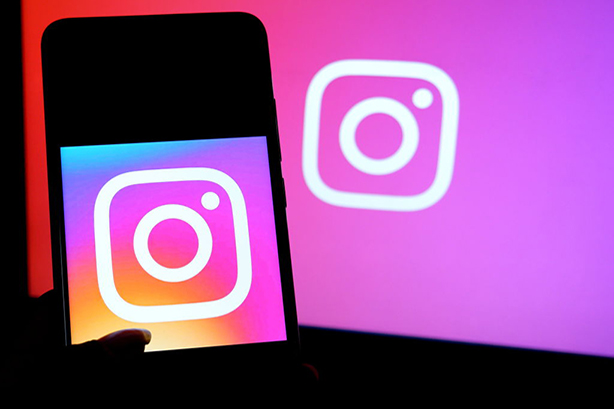
Benefits of Instagram Influencer Marketing
Instagram Influencer Marketing
Instagram is a top choice for executing your influencer marketing campaign because, well, influencers prefer it. Influencer marketing is an amazing tool for building awareness and interest in your brand – and when people become interested, they often start following the brand on Instagram.
Why Use Instagram Influencer Marketing?
Continued growth of influencer marketing
Influencer marketing is no longer a small, fringe corner of the marketing industry. In fact, an Adweek survey suggests that the influencer marketing industry will be worth $10 Billion by the end of 2020. It also demonstrates an explosive rate of growth. As I’ve said before, marketers don’t spend this kind of money for something that doesn’t work.
Continued growth of Instagram
On another note, Instagram itself is experiencing explosive growth. This means that the potential audience for Instagram influencer marketing is expanding rapidly. Instagram users represent a wide variety of ages, income levels, interests, and backgrounds. Which is to say, if there’s a niche you’re trying to reach, then you can find that niche on Instagram.
Who are Instagram Influencers?
Influence by Follower Count
Marketers often classify influencers by their follower count. An influencer’s category changes somewhat over time, as an influencer’s following grows or they lose favor.
Celebrities
Celebrities are influencers who have more than a million followers. While many offline celebrities are also celebrity-level influencers, this isn’t always the case. Furthermore, many people are celebrity influencers on Instagram, but hardly anyone knows them in real life. This rule is also true of other influencer levels.
Macro influencers
Macro influencers have between 500,000 and a million followers. Unlike their celebrity counterparts, they tend to cater to a specific niche. In other words, they don’t draw everyone to their profile digital page. Instead, they tend to have more common interests with the people they influence.
Micro influencers
With micro influencers, the follower count is between 10,000 and 500,000. At the lower end of this range, you can access niche markets that are too expensive to reach using macro influencers or celebrities. At the higher end, the influencer has a much broader appeal while also being cost-effective to engage.
Nano influencers
The last group is nano influencers, who have between 1,000 and 10,000 followers. These influencers will often work for just the cost of a product or service. They also have extremely high engagement rates, and, unless they’re just starting out, the audience tends to be very niche.
Influence by Brand Affinity
Employees or Partners
This is obviously the closest level of affinity, because employees and business partners depend on your company for at least some of their income. If they’re business partners, then the connection tends to be even closer because they’ve invested money into the brand. Consider this type of influencer for corporate responsibility-focused campaigns or brand stories.
Customers
Here, people have made a purchase from your company. This can be a great class of influencer to use whether you’re a B2B or B2C brand, but it’s especially powerful for B2B. That’s because these digital brands like to hear about use cases, which works well for customer influencers.
Followers/mentioners/taggers
These are the people who haven’t necessarily bought something from you recently but admire your brand. For instance, there are a lot of people who admire luxury cars or fashion but can’t afford to buy them. These users are great to engage, because they can compare your marketing products with the ones they were using before.


